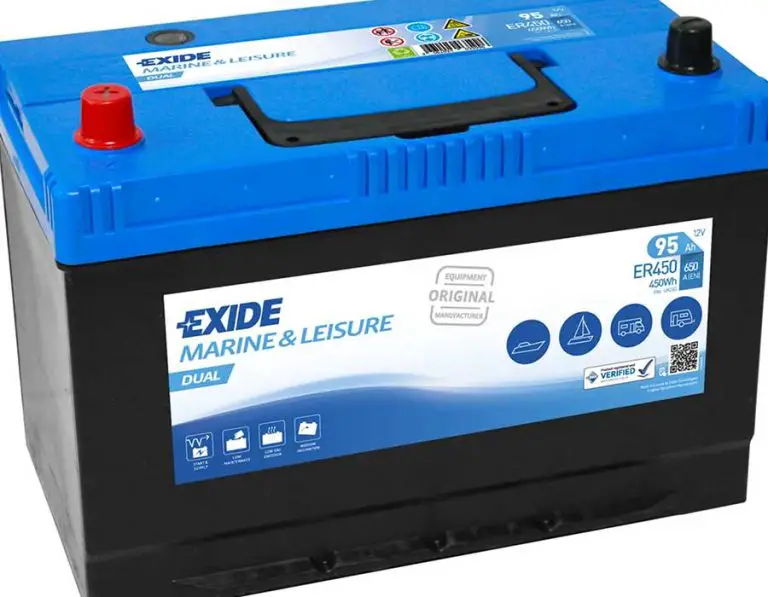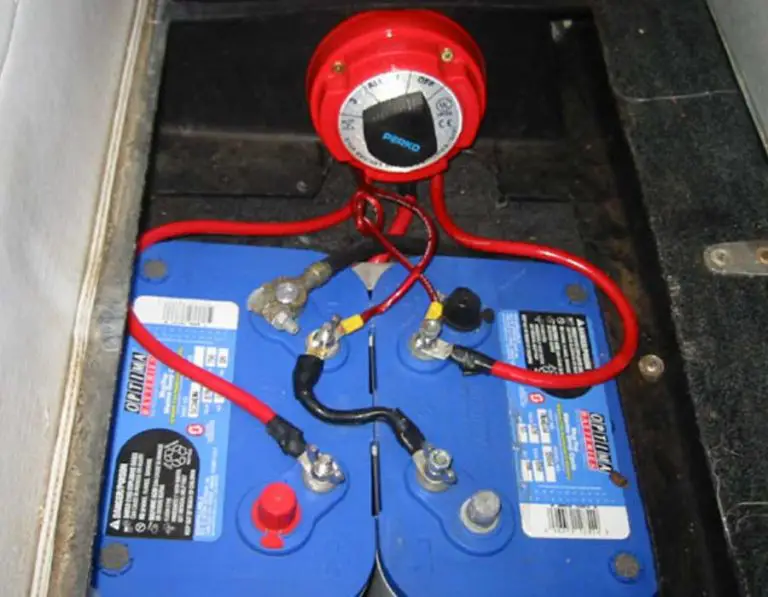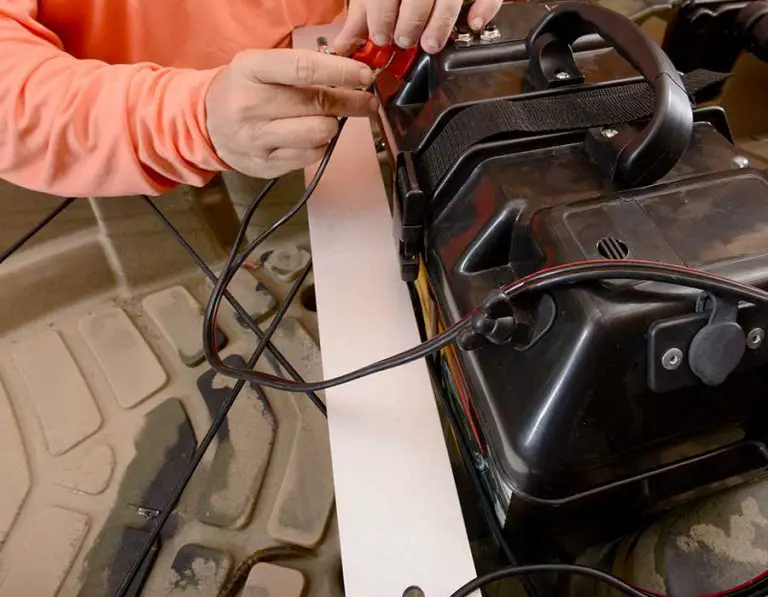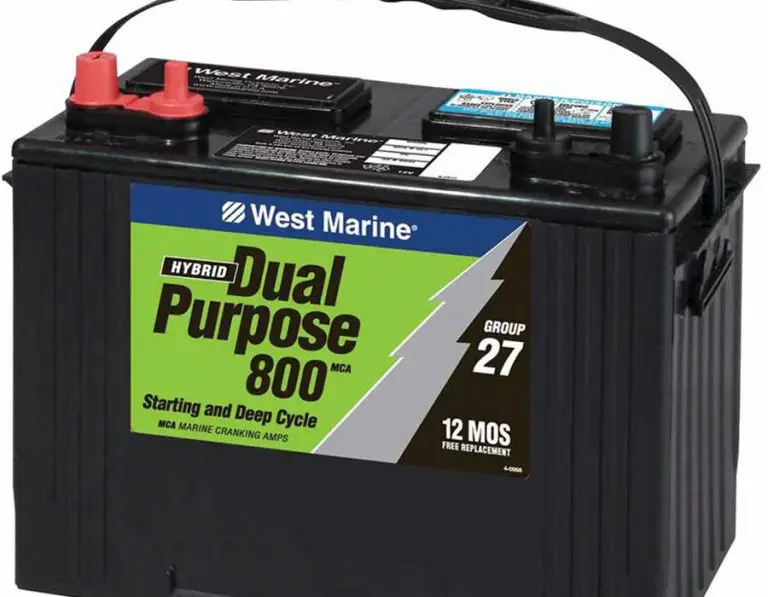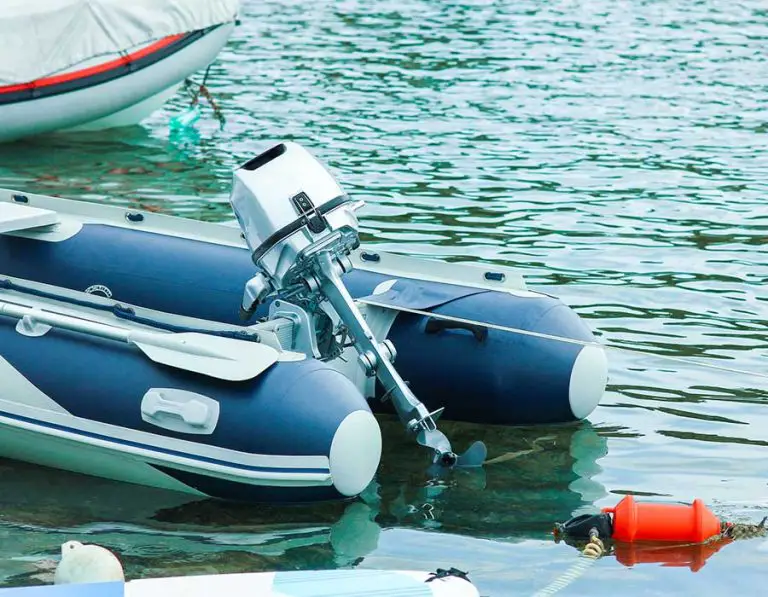Can You Overcharge a Marine Battery?
One of the most significant causes of damage to batteries is overcharging them. Therefore, It’s important to take precautions when charging marine or automobile batteries. You wouldn’t want to do anything that will damage your battery. So, can you overcharge your marine battery?
Yes, you can overcharge your marine batteries. And if you overcharge your marine battery, it can lead to overheating, thereby damaging your battery.
Let’s jump right into the details.
Are You Overcharging Your Marine Battery?
As mentioned earlier, it is possible to overcharge a marine battery. And this isn’t something you want to do if you don’t want to damage your battery or if you want to preserve the lifespan of the battery. Maintaining a healthy charge on your boat batteries is the best thing you can do for them.
If left idle, all batteries will self-discharge. However, the discharge rate of a battery varies based on its type, size, and age. Lead-acid batteries can lose up to 5% of their charge each month, so it’s crucial to periodically charge a battery that hasn’t been used for a while—during the winter, for example—to restore it to full capacity.
Overcharging can be destructive or harmful, especially with marine batteries, especially gel and AGM batteries. It is crucial to adhere to the charging instructions provided by the manufacturer because doing so can cause a battery to explode.
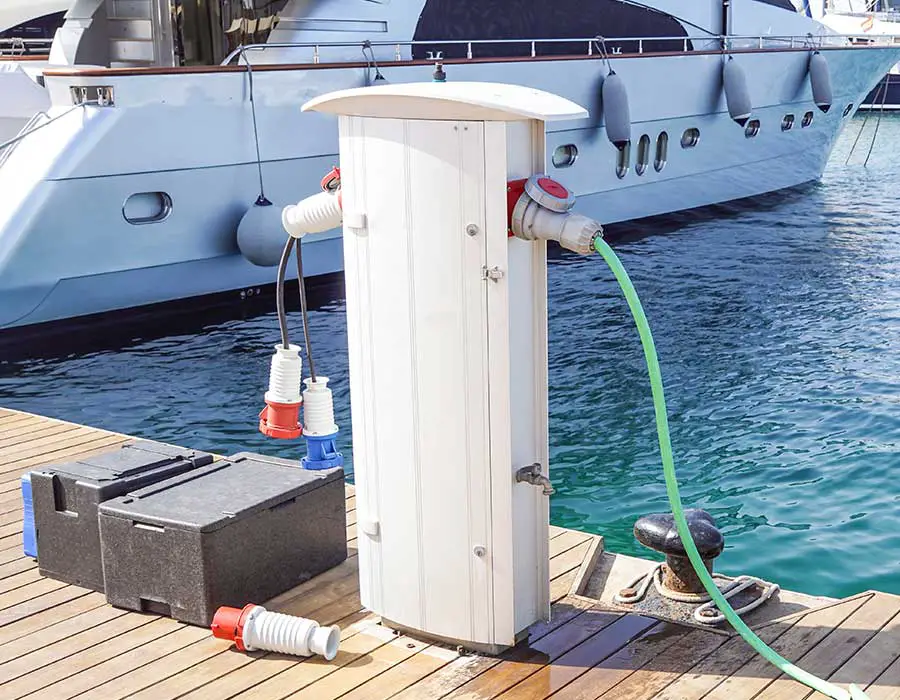
What Overcharging Will Do to Your Battery
Overcharging shortens the battery’s lifespan by allowing excessive heat or temperatures to corrode the internal components, causing the cells to buckle and leak their active materials into the plates. The pace at which water is consumed rises as a result of overcharging.
How to Prevent Overcharging
Overcharging and the accompanying problems can be avoided by properly maintaining and keeping the battery in good condition. You can do this by charging the battery even when it is not in use, letting it cool down after frequent or continuous usage to prevent grid corrosion, checking the charge level, and keeping the battery connections free of any specks of dust or rust.
Overcharging can be prevented by selecting the appropriate charger based on the type of marine battery you’re using, such as GEL, AGM, etc. The best charger to use is one of today’s smart chargers that can regulate their charging rate and ensure that the battery is only fully charged and not overcharging.
Using a trickle charger is one of the best ways to prevent overcharging your marine battery.
How often can I charge my Marine battery boat?
The frequency of how you use your boat and the amount of power consumption from your boat’s battery will primarily determine this. One full charge should be adequate to power the batteries if you only use your boat once a week.
How to Choose the Appropriate Boat Charger
Any charger you use for marine batteries must be compatible with your battery. In order to avoid a mixed match (which could cause your battery to overload), the proper battery should be compatible with the type and voltage of your battery. For example, for lithium batteries, you must use a lithium charger.
Whether you need a marine battery charger for a house battery, trolling battery, or boat battery, various models are available to meet your needs. To guarantee a safe sailing experience, always be aware of the voltage of your batteries and chargers.
Compatibility with Battery Type
There are four types of marine batteries (based on their composition): flooded, gel, AGM (Absorbed Glass Mat), and lithium. Make sure the charger you choose is compatible with the particular type of your battery when making your choice. In any other case, it can damage your battery and reduce its lifespan.
Compatibility with Battery Voltage
Although both 24V and 36V batteries are occasionally used, 12V batteries are typically the norm for marine batteries. It’s crucial to use a charger whose voltage matches your battery’s, and an inappropriate charger can damage your battery and force you to replace it too soon. Consult your owner’s manual if you’re unclear about the voltage requirements for your boat.
Also, in choosing your battery charger, one thing you might want to consider is its water resistance. A marine battery charger would obviously be used on a boat that is always close to water, increasing the likelihood that the charger may become wet. To ensure durability, you should always opt for a charger that is waterproof or resistant.
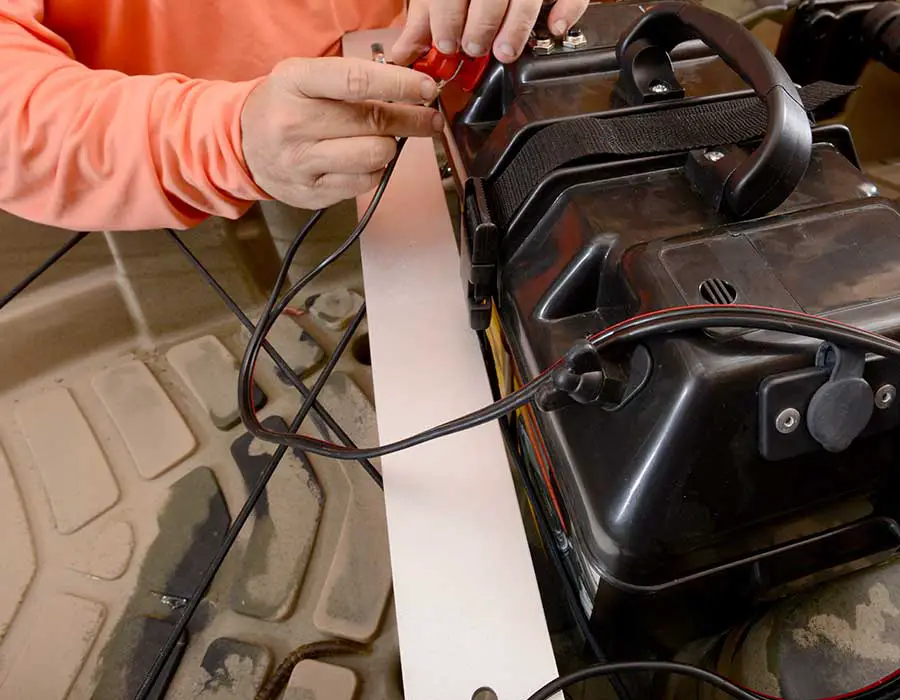
What Size of Battery Charger Do I Need?
When talking about the size of a marine battery charger, voltage and amperage (charging rate) are the focus, rather than the charger’s physical size. The voltage and current will differ per charger depending on their configuration. Therefore, it’s crucial to understand what your device and batteries require.
The size and kind of your batteries, as well as whether your boat has a constant or occasional power source will also affect how big your charger needs to be.
Should I Use a Trickle Charger for My Marine Battery?
When using a trickle charger, the battery is successfully charged over a significantly more extended period using tiny currents. Even though this won’t damage the battery much, we still need to be aware of its condition and unplug the charger on time.
What is the huge difference between a trickle charger and other normal chargers? Trickle chargers provide low-level, intermittent electricity, while most normal boat chargers provide quick charging. In order to supply a little but continuous current flow for safer charging, trickle chargers permit a limited amount of electricity to flow to the battery.
Conclusion
Overcharging is dangerous to Maine batteries (especially harmful to Gel and AGM batteries), boils the electrolyte out of the cells, and may even result in overheating, in which the battery heats up uncontrollably. The charger you use plays a pivotal role in the safety of your battery. Certain safety elements ought to be incorporated into the charging system of a high-quality marine battery charger. Included are functions such as temperature control to regulate the heat generated during charging and current control to manage the current flow. The best way to keep current flow at a safe level would be to use a decent boat battery trickle charger.

